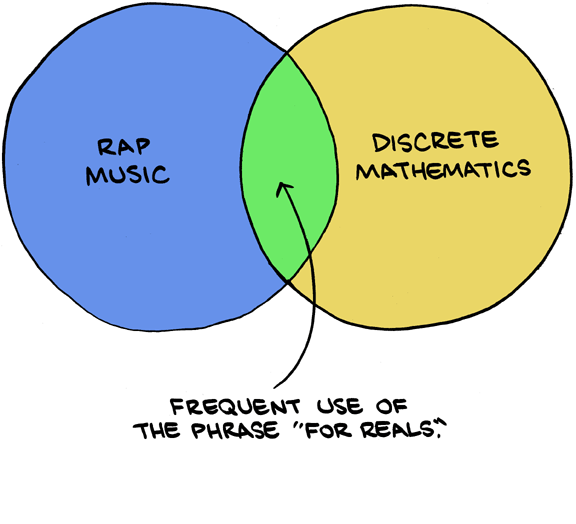Is this a great photo or what!
That was the start of my heading-comment on a photo of my son Dave. Ensuing back-and-forth on Facebook between me and Andy Rogers (with a relevant interpolation from my son Morriss):
Andy Rogers: Shouldn't it be "or what?"?
Barbara H Partee: I punctuated it as I would pronounce it! Maybe if it was somebody else I might right "or what?".
Andy Rogers: Seems syntactically like a question.
Barbara H Partee: That's true. Well, but how would you punctuate an annoyed "Will you stop that!" It's also a question, but it's pronounced as an imperative. Maybe "Will you stop that?!" Maybe that's what some of those double punctuation marks are for — I've never seen them discussed (but haven't really looked — it's not a category I normally think about.) So maybe we could agree on "or what?!" ?
Barbara H Partee But I have to confess that when I made the original post, a question mark never even entered my head.
Morriss Partee: Would you stop arguing about punctuation or what?!?!??!??!???!!!!?!???!!!??!??!
Morriss Partee: ;)
Andy Rogers: So what IS the relationship among syntactic form, whatever is going on in your ! examples, and punctuation?
Barbara H Partee: (Sorry, Morriss, but wasn't it always like this at the dinner table? Should make you nostalgic!) Andy, I don't know, but somebody must. Maybe I should put a little query-post on Language Log and see what turns up.
So comments are open because I really don’t know! In this domain I’m just a naïve native writer of English, with ordinary education about prescriptive grammar, but they never taught us about what might be called “colloquial punctuation” (maybe it has a name, I don’t know that either.) I wonder if comic strip writers study colloquial punctuation somewhere, or if they just pick it up by paying attention to what other comic strip writers have done. If it’s been studied at all, I’m sure Facebook must be one good corpus-source.



